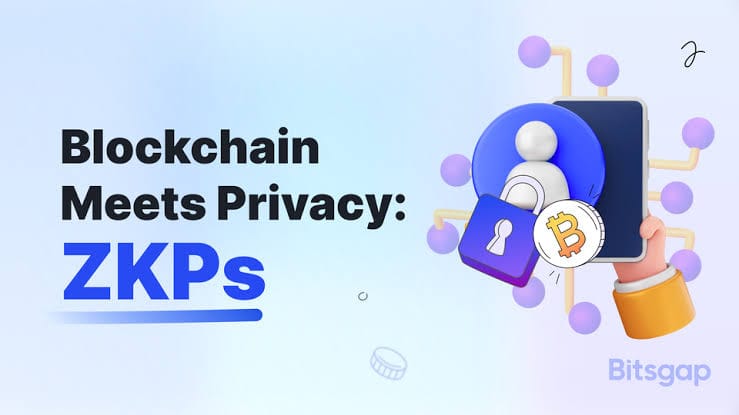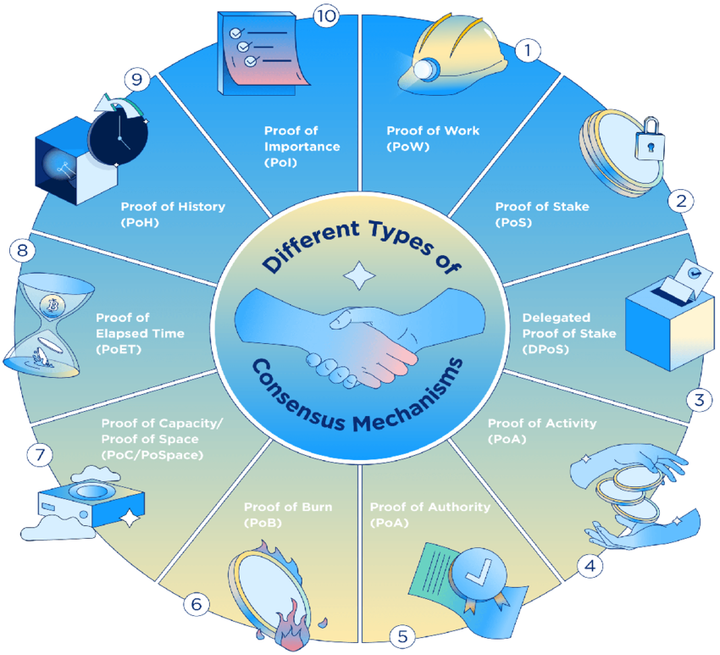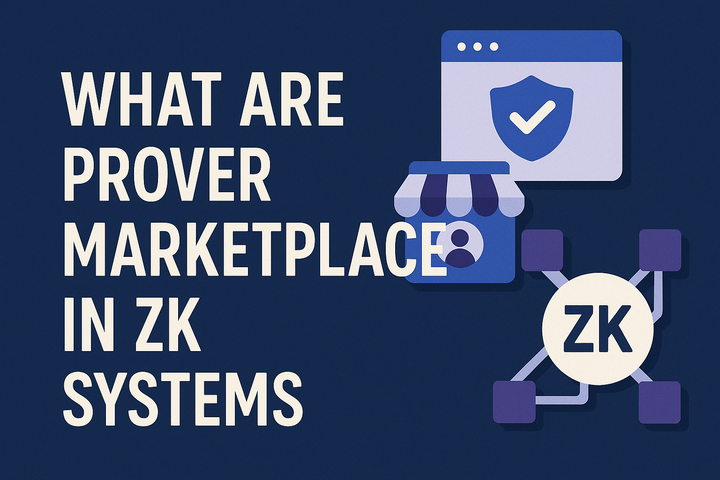Privacy Tech in Spotlight: ZK, MPC, and Beyond

Introduction
Public blockchains are transparent by design—every transaction is out in the open. That’s fantastic for auditability, but it limits Web3’s appeal for sensitive use cases like identity, healthcare, finance, and private bidding. Thankfully, a wave of privacy‑enhancing technologies—zero‑knowledge proofs (ZK), multi‑party computation (MPC), and modular privacy layers—is emerging to fill that gap.
In this article, we’ll unpack how these technologies work, spotlight real‑world applications already benefiting, and map the tooling ecosystem empowering developers to build the next generation of privacy‑first dApps.
1. ZK Proofs: Succinct Privacy & Scalability
Zero‑knowledge proofs let you prove a statement is true without revealing any underlying data. In practice, ZK systems deliver two game‑changing benefits:
- Confidential transactions: Protocols like Zcash and Aztec use ZK to hide sender, recipient, and amounts, making on‑chain transfers as private as cash.
- Offloading computation: Rollups like zkSync and StarkNet batch thousands of transactions, then publish a single proof to the mainnet—boosting throughput while preserving data confidentiality.
Recent innovations focus on reducing proof‑generation time and proof size, enabling mobile devices and low‑power nodes to participate. As ZK libraries mature (e.g., Halo2, Plonky2), we’ll see broader adoption across DeFi, gaming, and decentralized identity.
2. Multi‑Party Computation: Collaborative Privacy
While ZK handles confidentiality at the protocol level, MPC distributes secret data across multiple parties so that no single node ever sees the full input. Key advantages include:
- Shared key management: MPC wallets (like ZenGo and Fireblocks) split private keys across shards—thwarting single‑point failures or hacks.
- Joint computations: Teams can run private auctions or federated analytics, crunching sensitive data without exposing it to any one participant.
MPC’s recent leaps include faster round protocols and reduced communication overhead, making it practical for real‑time use cases such as private DeFi strategies and off‑chain governance analytics.
3. Modular Privacy Layers: Plug‑and‑Play Confidentiality
Modular blockchains separate data availability, consensus, and execution. This architecture invites specialized “privacy lanes” that any app‑chain or rollup can plug into:
- Celestia & Data Pods: Specialized nodes can encrypt data blobs, storing them off‑chain while publishing availability proofs on Celestia’s DAS layer. Builders get privacy by default with minimal integration work.
- Aztec A1 on Layer‑2: Aztec’s modular “A1” technology offers private assets and private smart contracts that can sit atop any EVM rollup—transforming public chains into permissionless privacy networks.
- Polygon Nightfall & OP Stack Plugins: Polygon and Optimism teams are experimenting with privacy extensions that developers can enable with a single flag—ideal for enterprise use cases.
By decoupling privacy from the core chain, modular layers let teams choose the exact level of confidentiality they need, without rebuilding from scratch.
4. Use‑Case Spotlight: Privacy in Action
Several projects are already putting these tools to work:
- Private DeFi Pools: Platforms like Railgun and Tornado Cash offer shielded pools for swaps and yield farming, hiding on‑chain footprints to protect traders’ strategies.
- Decentralized Identity: Solutions like Semaphore and zkPass let users prove credentials (e.g., age, membership) without revealing personal data—powering on‑chain KYC and reputation systems.
- Confidential DAOs: Private voting modules (e.g., Secret Network’s governance) ensure members’ stances remain anonymous until results are tallied, reducing social pressure and vote buying.
These examples show privacy is not a niche; it’s a foundational pillar for wider Web3 adoption.
5. Developer Ecosystem: Building Privacy into Your dApp
Getting started with privacy tech has never been easier:
- ZK SDKs & Toolkits: Libraries like snarkjs, circom, and zkToolkit let developers write circuits in high‑level languages, compile proofs, and integrate them into Solidity or Rust codebases.
- MPC Frameworks: Open‑source platforms such as EMP-toolkit and MP-SPDZ offer ready‑made MPC protocols for key management, secure multiparty analytics, and private auctions.
- Modular Privacy Plugins: Frameworks like Anoma’s sidecar, Aztec’s A1 SDK, and Celestia’s DataPods can be dropped into existing rollup setups with minimal configuration—no need to rewrite your smart contracts.
Moreover, privacy grants and hackathons run by organizations like the Ethereum Foundation and Zcash Foundationare rewarding early explorers, making it a great time to experiment.
Conclusion
Privacy once felt orthogonal to blockchain’s promise of open transparency, but today it’s clear: true decentralization needs both wings—auditability and confidentiality. With ZK proofs delivering succinct security, MPC safeguarding secret data, and modular layers offering plug‑and‑play privacy, we’re witnessing a quiet revolution.
Forward‑looking projects that bake these tools into their roadmaps will unlock new markets— from confidential DeFi for institutions, to on‑chain identity for mainstream apps.
Internal Mitosis Links & Glossary References
- Bitcoin
- Blockchain
- Cryptocurrency
- Mitosis Core: https://university.mitosis.org/mitosis-core
- Governance: https://university.mitosis.org/governance
- Glossary: https://university.mitosis.org/glossary/
- Ecosystem Connections: https://university.mitosis.org/ecosystem-connections



Comments ()